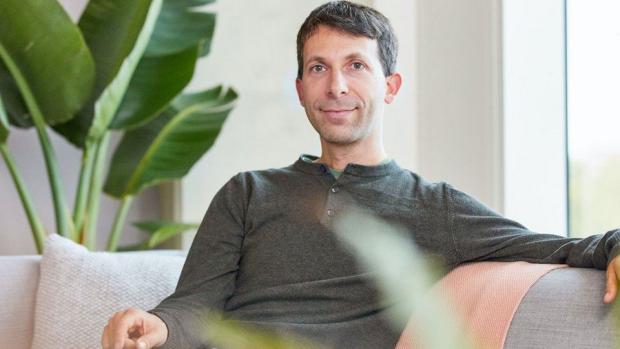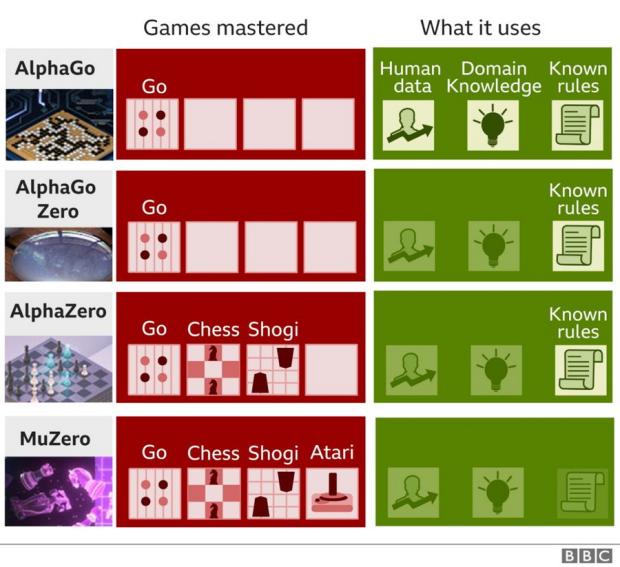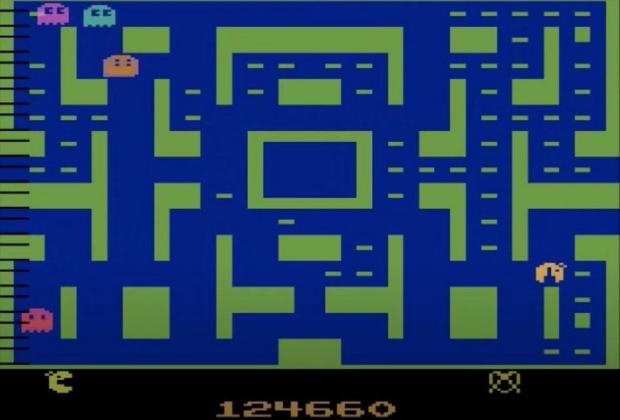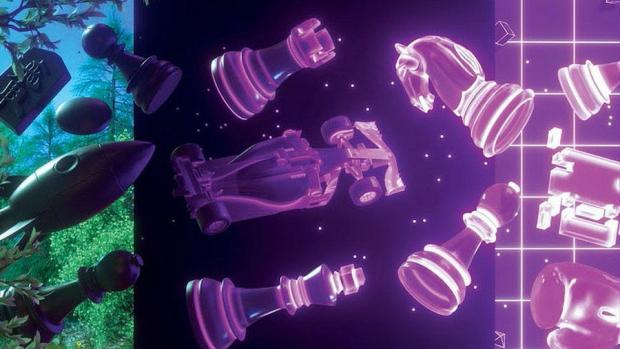DeepMind’s MuZero AI attains Superhuman Performance on Its Own




Like earlier AI agents, MuZero mastered Chess, Go, Atari video games and Shogi, but the difference is that MuZero figured out the rules on its own, according to DeepMind's principal research scientist, David Silver. The beneficial outcomes may range from next-gen virtual assistants and personalized medicine to a turbo-charged YouTube. One observer, a professor of computer science at the University of Southampton, expressed some concerns about possible unintended consequences.
David Silver noted that "For the first time, we actually have a system which is able to build its own understanding of how the world works, and use that understanding to do this kind of sophisticated look-ahead planning that you've previously seen for games like chess. …[It] can start from nothing, and just through trial and error both discover the rules of the world and use those rules to achieve [a] kind of superhuman performance."
Wendy Hall, professor of computer science at the University of Southampton and a member of the government's AI council, said the work marked a "significant step forward", but raised concerns. "The results of DeepMind's work are quite astounding and I marvel at what they are going to be able to achieve in the future given the resources they have available to them," she said. "My worry is that whilst constantly striving to improve the performance of their algorithms and apply the results for the benefit of society, the teams at DeepMind are not putting as much effort into thinking through potential unintended consequences of their work. …I doubt the inventors of the jet engine were thinking about global pollution when they were working on their inventions. We must get that balance right in the development of AI technology." Photos courtesy of DEEPMIND, ATARI and the BBC, via BBC.com/news/technology.
